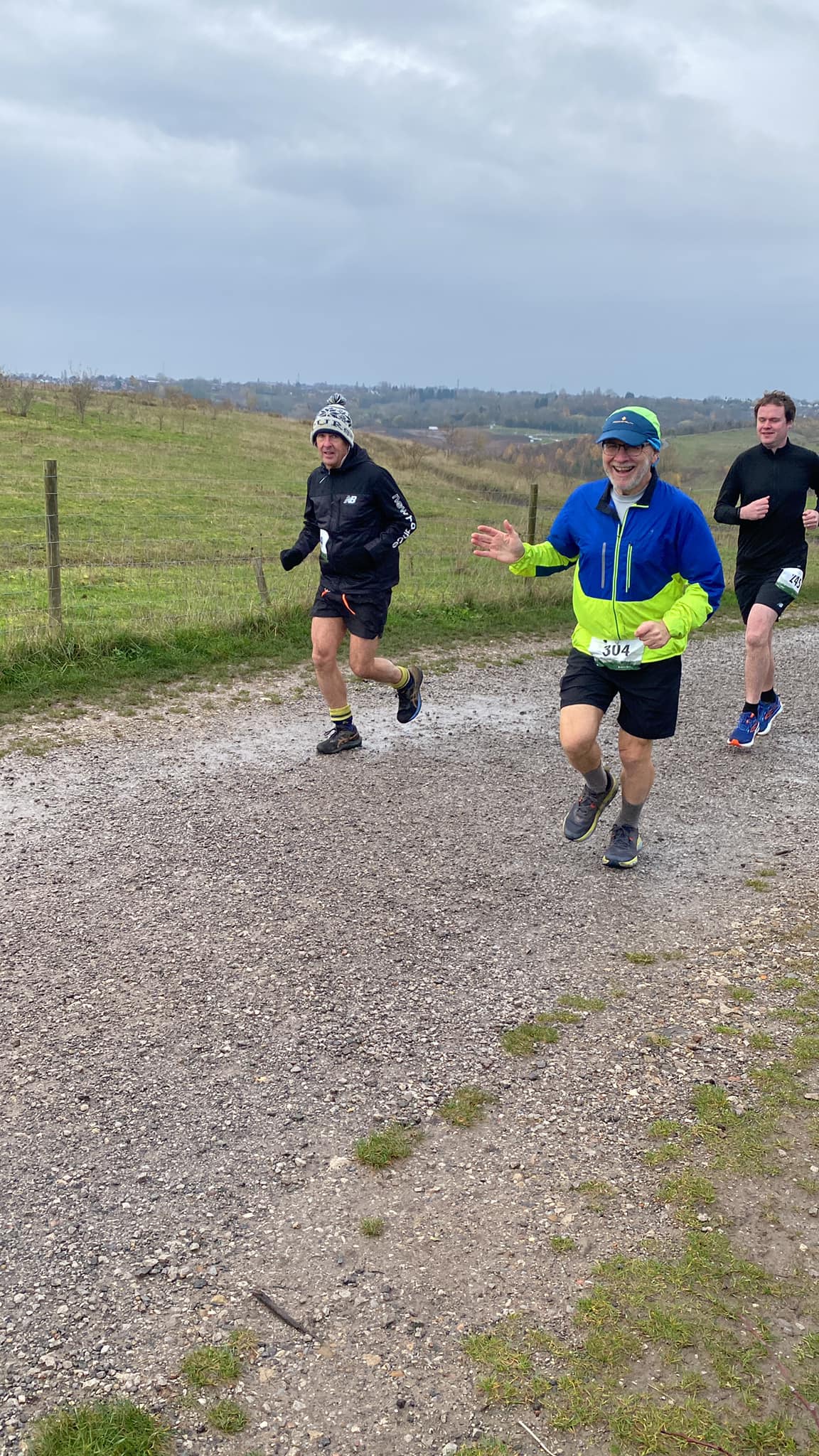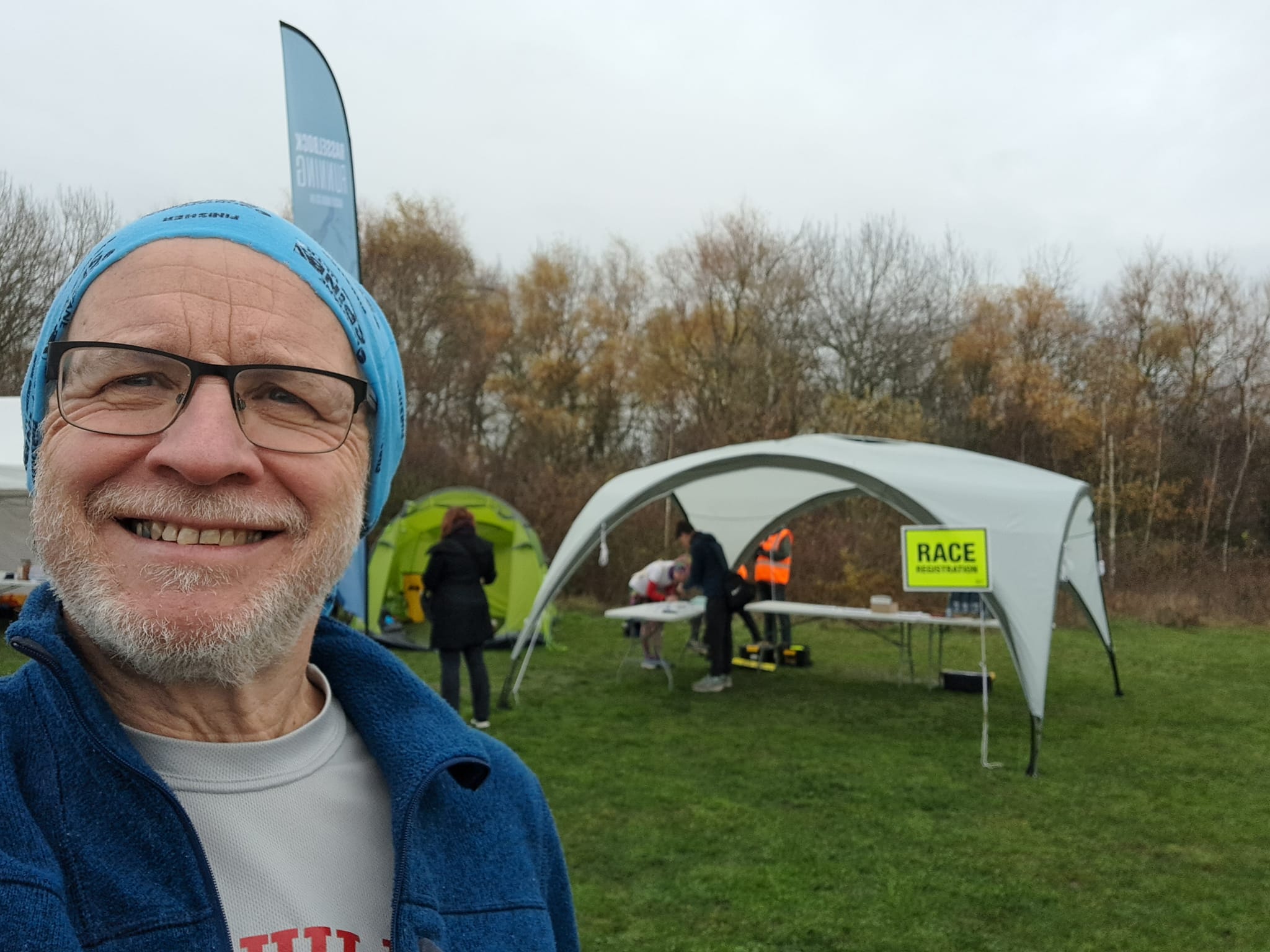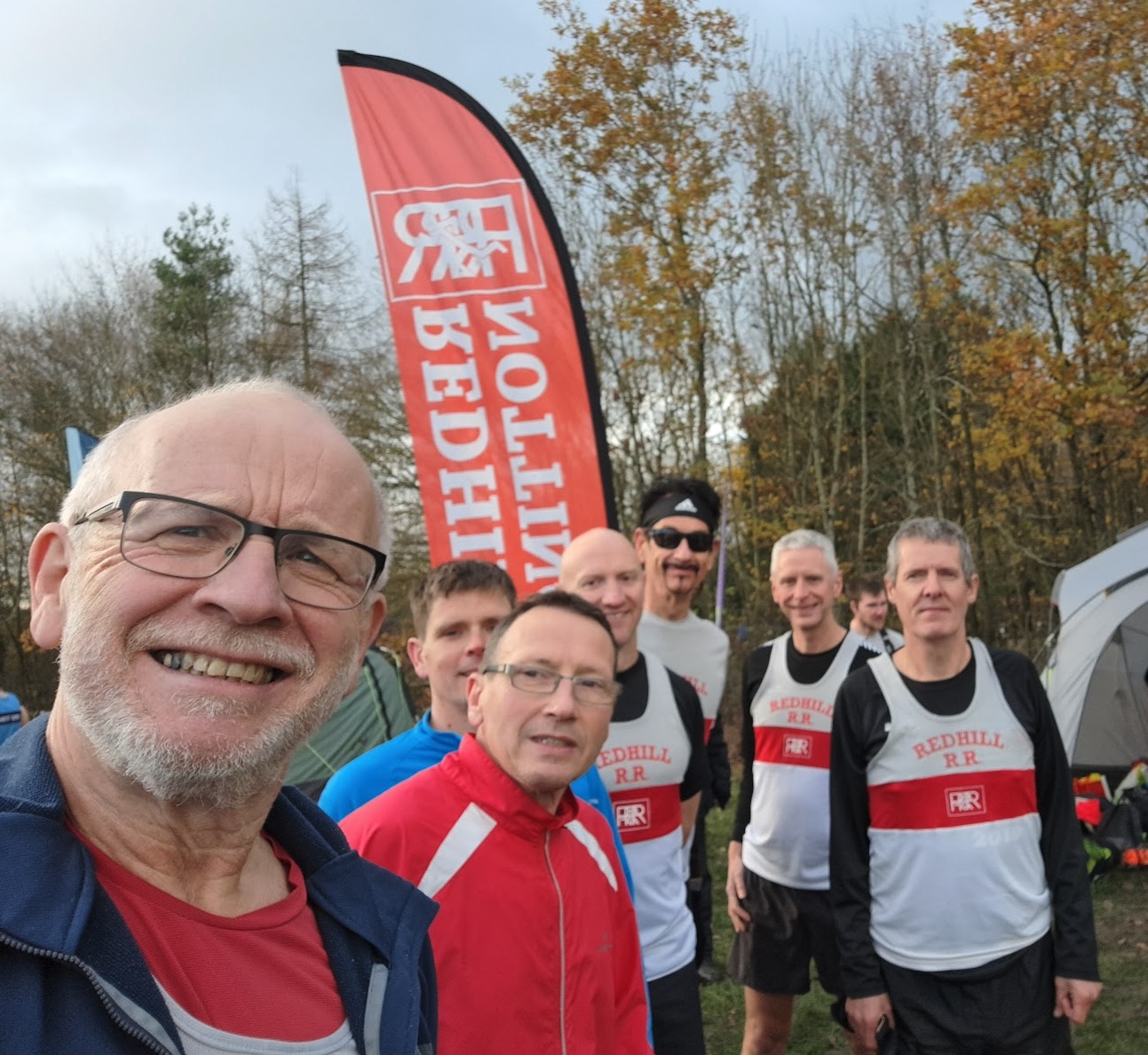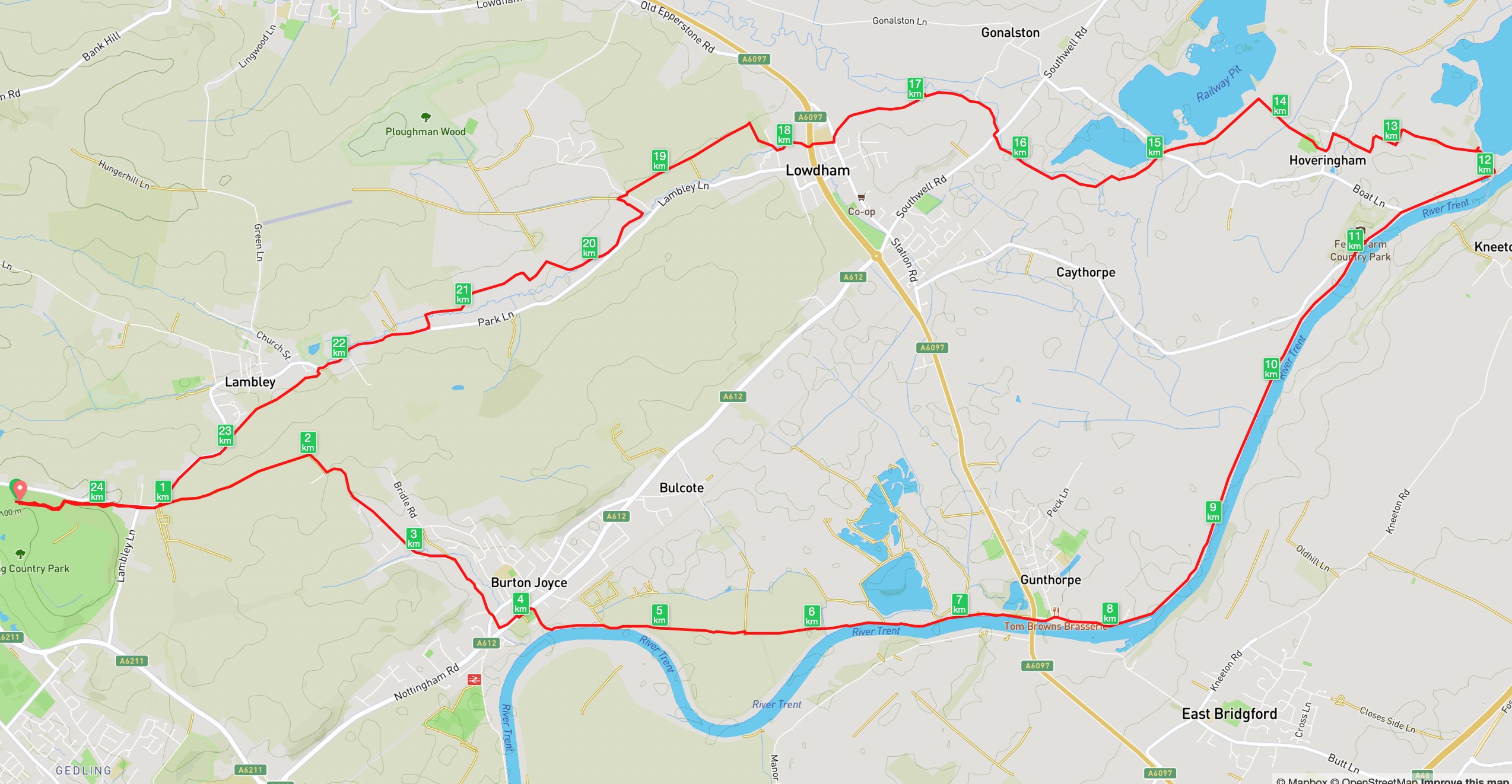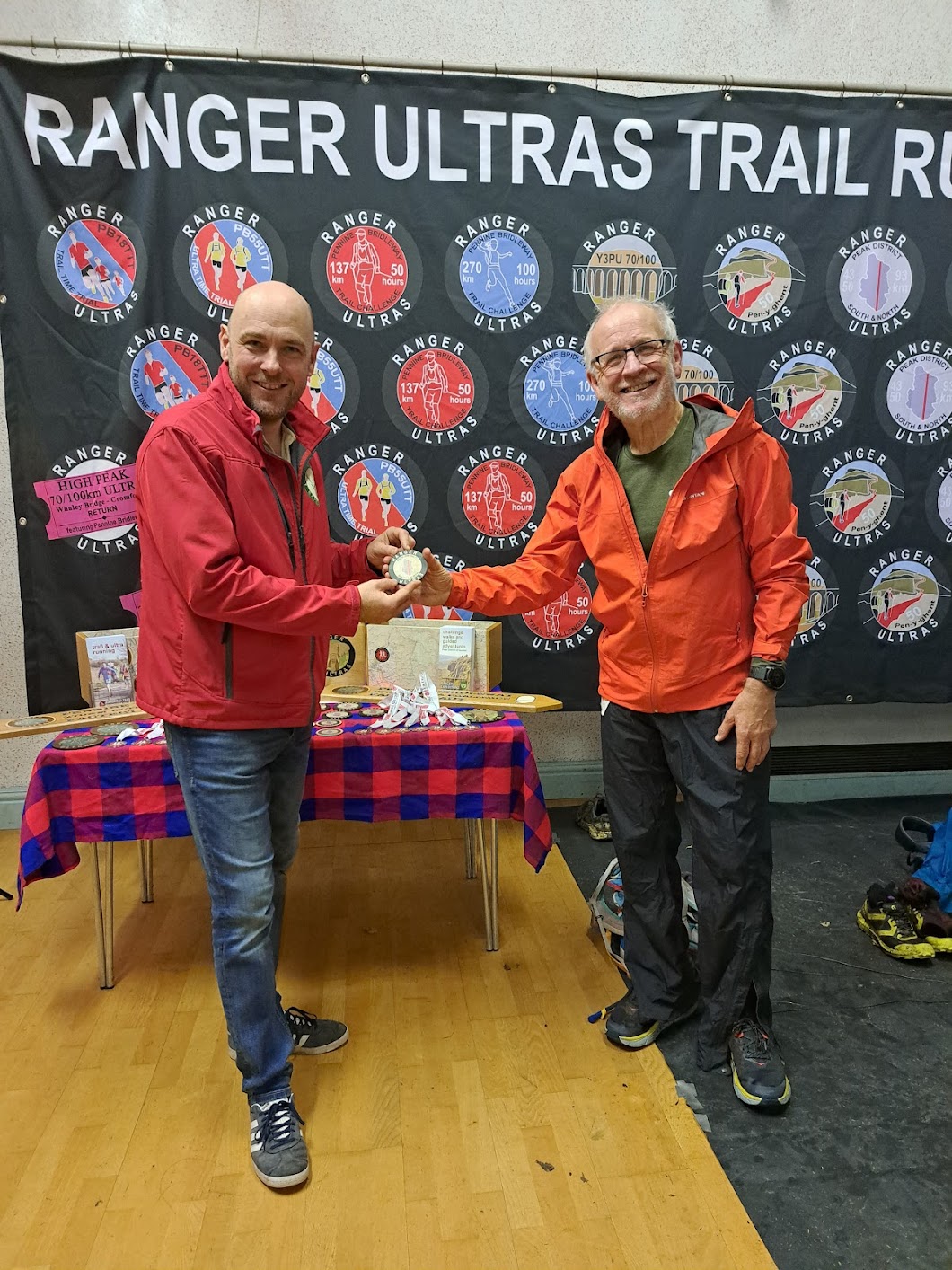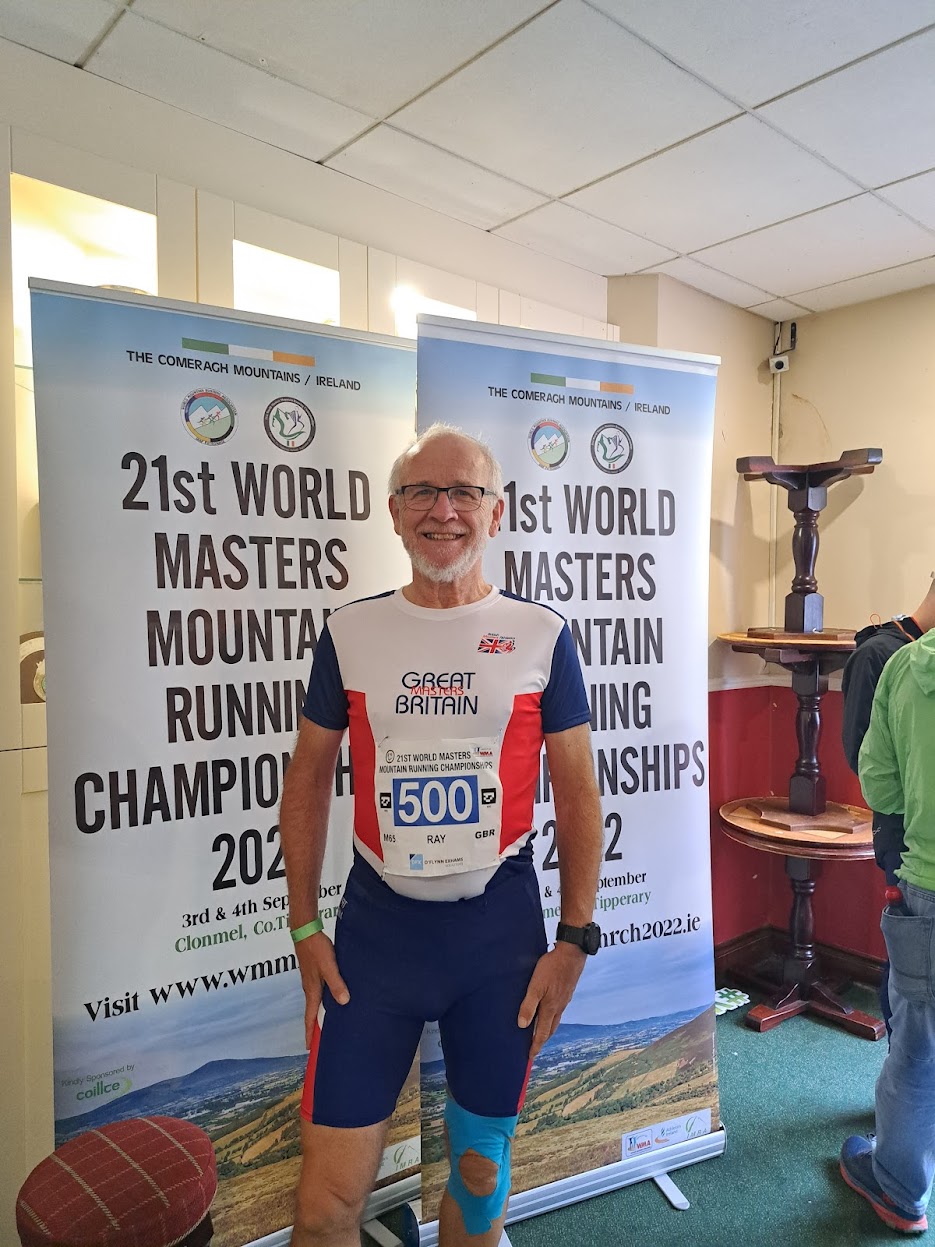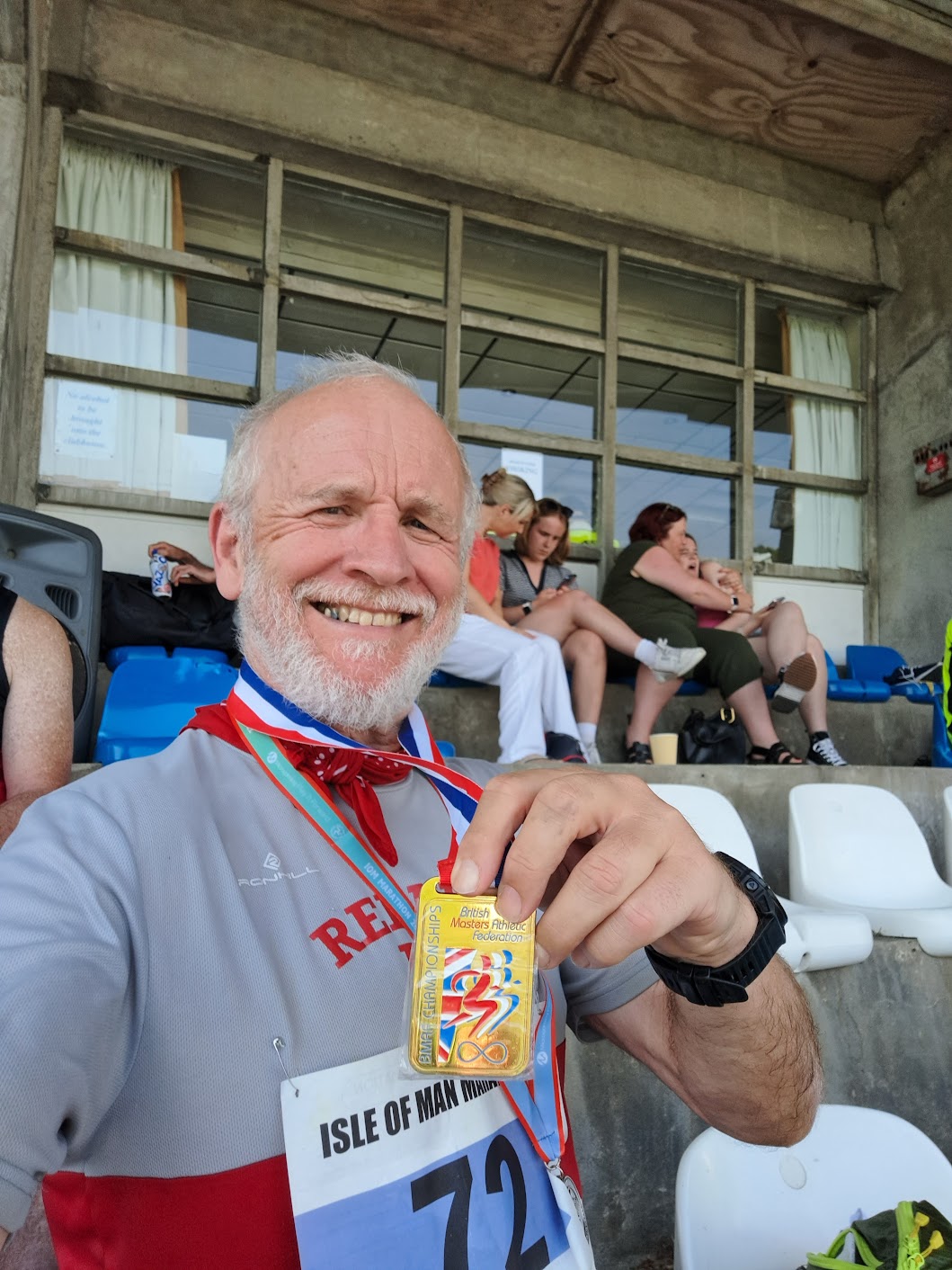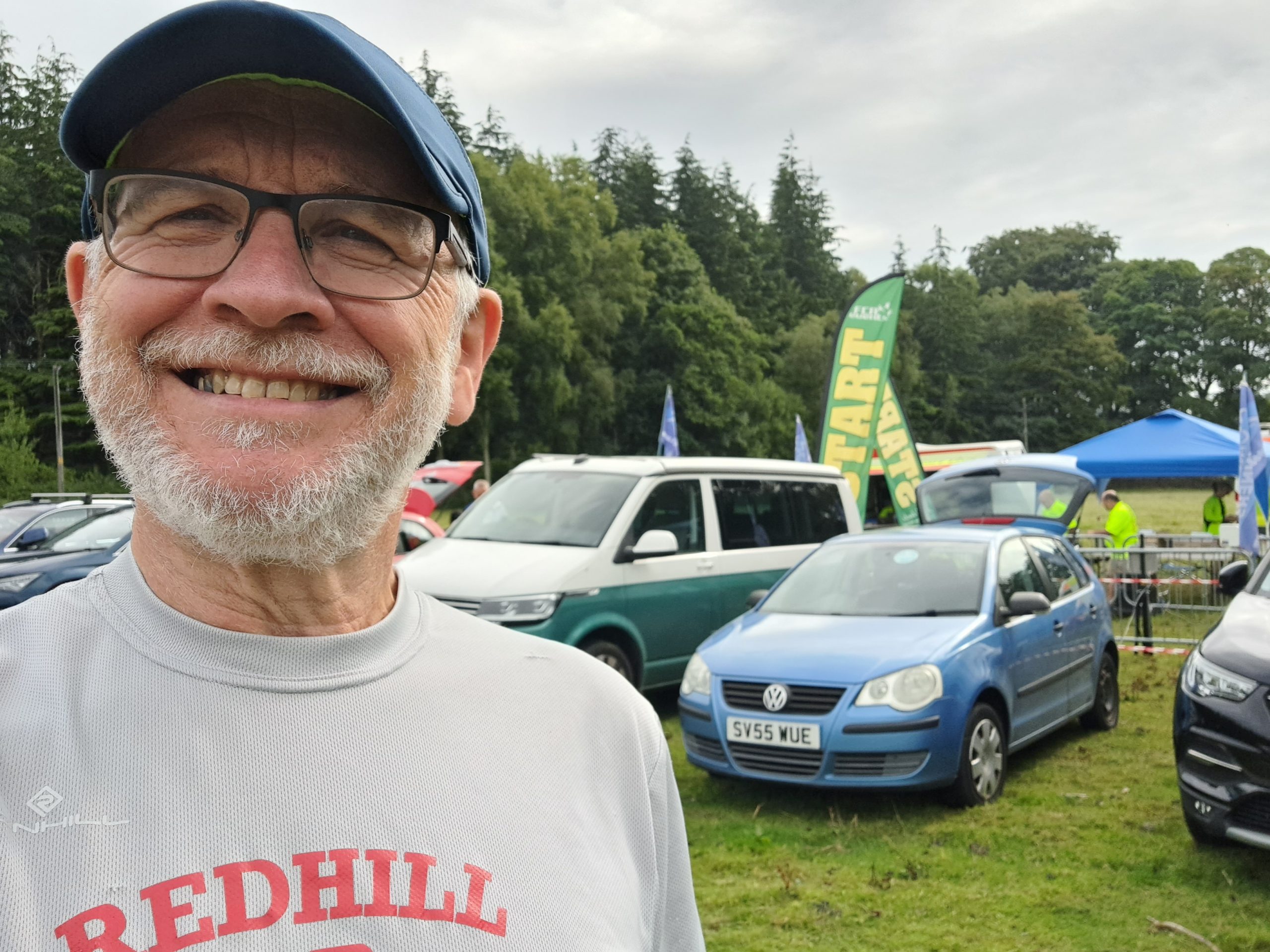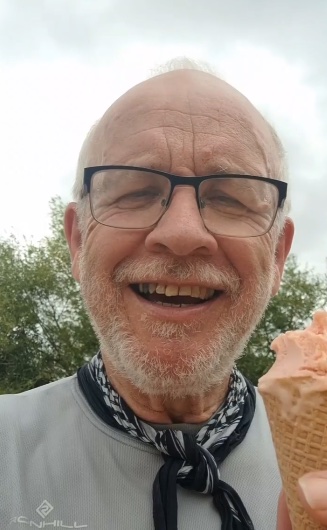I spent the weekend having a lot of fun taking part in the Ranger Ultra South and North races. On Saturday, the race was 50 km from Ashbourne to Edale, on relatively easy paths and terrain. Sunday was a much more demanding 43 km from Marsden to Edale, down the Pennine Way, taking in Black Hill, Bleaklow, and Kinder Scout (not to mention plenty of bogs and streams made deep by the recent rain). The race can be treated as a two-day stage race, or people can enter just Day 1 or Day 2. Day 1 is a great introduction to participating in ultras. Day 2 is shorter, but you need some mountain skills to be safe on the terrain, and Day 2 takes most people longer to complete than Day 1 (typically from 30 minutes to 2 hours longer, despite being shorter in distance).
This event is a really well-organised event with some of the best helpers and definitely the best sweepers of any event I take part in (big shout out to Pete, Suzanne, Coralie and Lizzy). The sweepers really came into their own on Day 2 when the weather turned quite nasty after sunset, with rain and even some snow. There is an interesting discussion about the relative merits of trackers versus sweepers. On multi-day events, where the racers are pretty expert in hill craft, it makes sense to use gps trackers – and it would be pretty impossible to have a sweeper. But, for events that take less than a day, and which do not have difficult time cut-offs, it can be very reassuring for less experienced runners to know there is somebody behind them who can help if necessary.
I ran this race last year and did quite well, finishing 13th out of the 37 runners who finished both days. This year I was quite a bit slower, about 25 minutes slower on Day 1 and about 90 minutes slower on Day 2.
Because I was slower this year, I had a bit of a think about why, and the implications going forward. There were no obvious reasons why I was slower this year, I am in good shape and I am not injured. I finished each day without blisters, aches and without being exhausted. The conditions on Day 1 were similar to last year. The conditions for Day 2 this year might have accounted for a few minutes of being slower, as it was harder to get through and around the bogs and streams.
Maybe I was more focused last year (I was building up for the Pennine Bridleway Challenge), maybe this year I have been doing more road races so me speed has shifted towards shorter events with easy surfaces, or maybe I just didn’t try as hard this year ?
Does it matter that I was slower this year? NO! I had two really good days on the fells, seeing lots of my running friends and meeting new people. A few years ago this would have been a very good time for me (I am faster now than I was, ten, twenty and thirty years ago). There will be a time in the future (I hope the distant future) when I would love to run as fast as this, or to be able to run at all. I am running in the middle of the pack, and that is still pretty good.
Over the next few months, I will keep an eye on my speed and see whether it is indeed dropping. I have been meaning to do more conditioning/strength work, so now I have something to help remind me of the need to get on with it. I think I will run better if I lose 5kg to 10kg over the next year. I have felt this for a few months – but I need to action it.
However, I am not going to beat myself up about running slower this year. I am lucky to be able to do what I do (in terms of time, cost, health, opportunity etc), so I will appreciate what I have (and try to train a bit smarter and harder).
If you are interested in trying out ultras in the fells, check out the Ranger Ultras website – there are events to suit every level.
